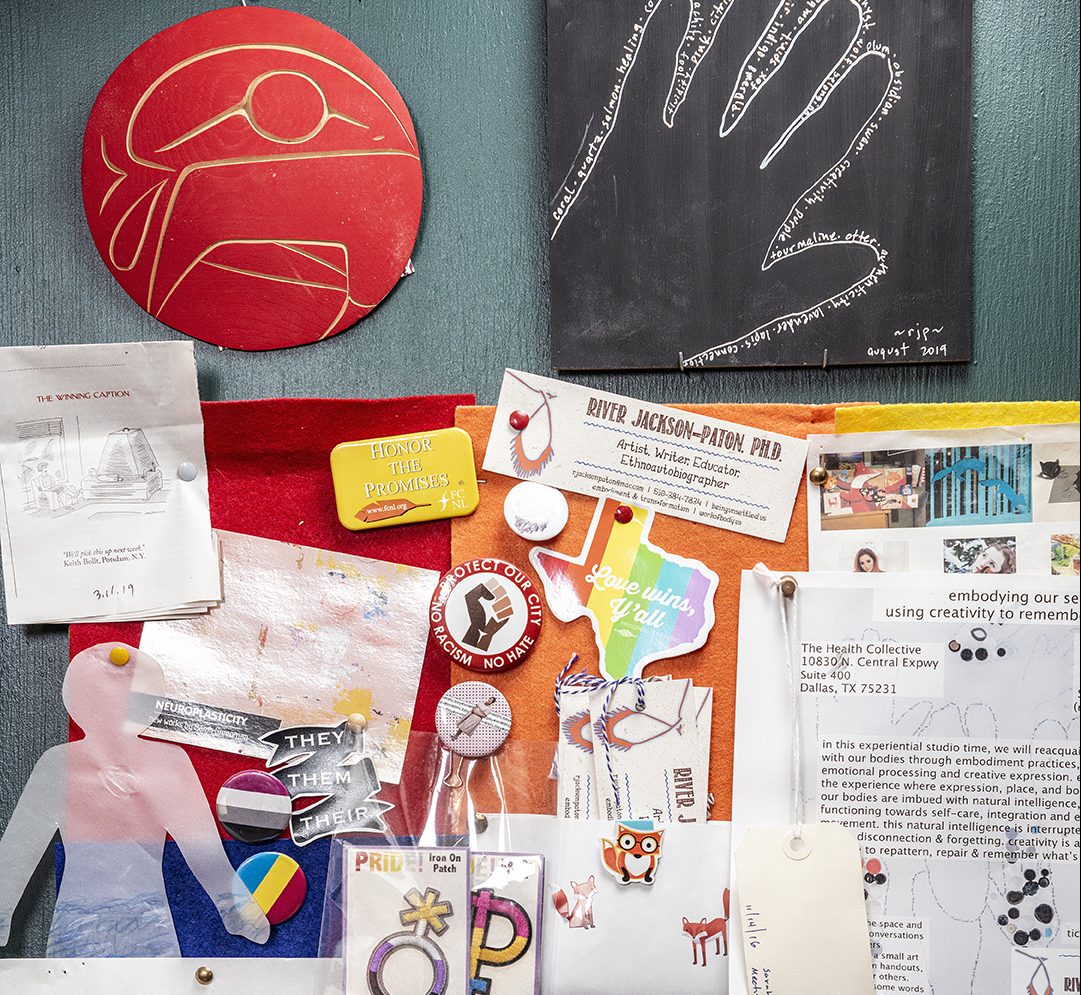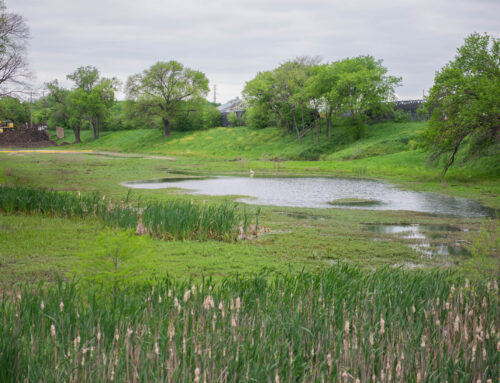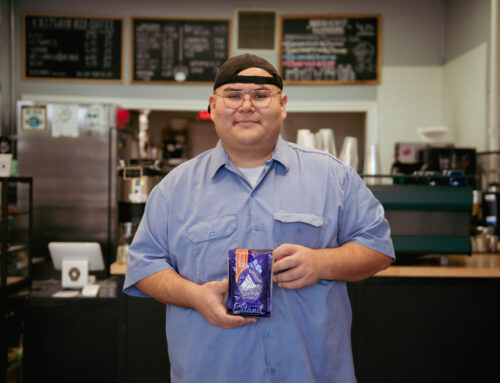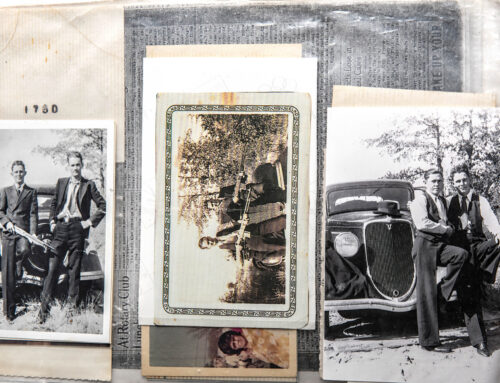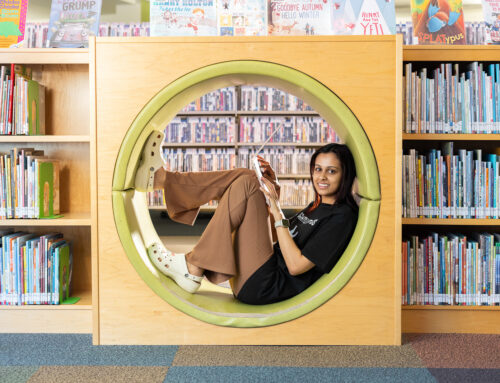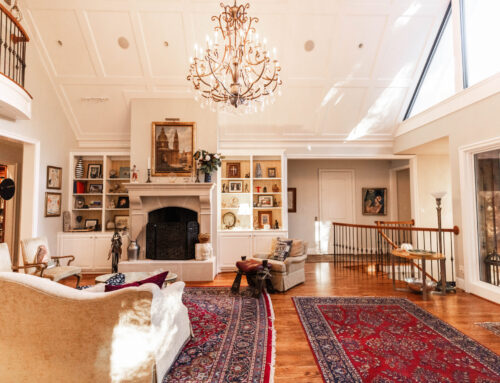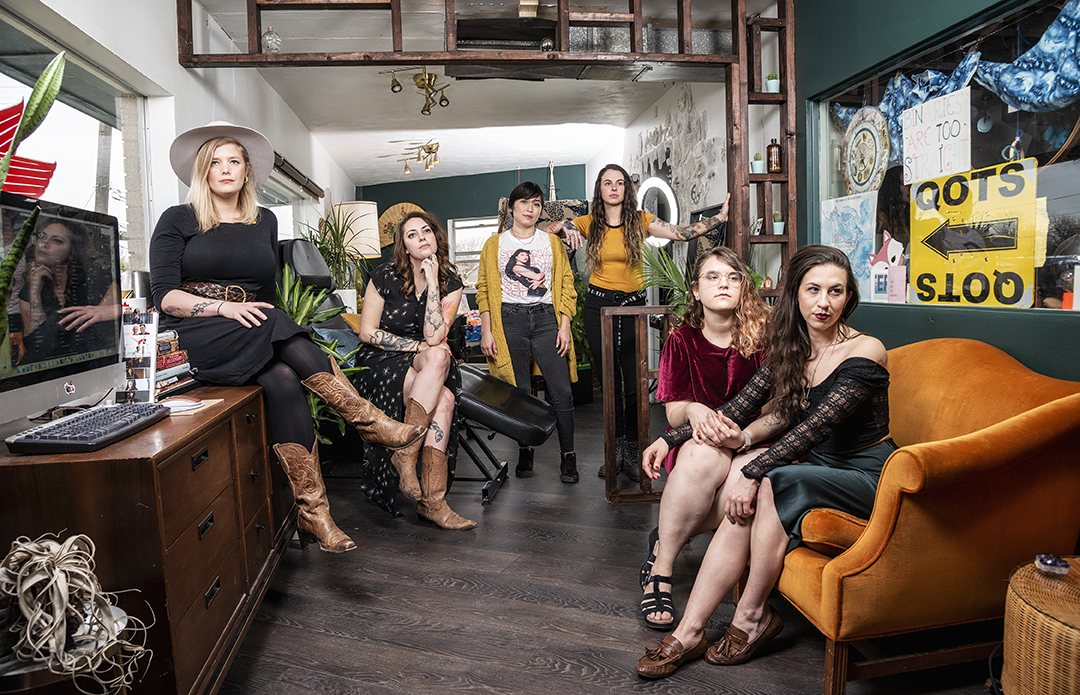
W alking into a traditional tattoo shop might feel normal for tough guys and biker chicks. Not so much for everyone who wants ink. Avril Spencer has many tattoos, and she doesn’t regret any of them, but she has turned right around at the door of a shop before.
“There have been times when I didn’t get a tattoo because I went to a place and they made me feel uncomfortable,” she says. “One said, ‘Yeah, we can tattoo you right here right now,’ and they pointed to a chair that was facing the entire waiting room, and I wanted the tattoo on my breast.”
More tattoo shops, particularly in cities like New York, are beginning to cater to women and thoseof non-binary gender, coming across more like a high-end salon.
Tattooing moved beyond shipyards and biker culture decades ago, and now it’s firmly in feminine territory. More women had tattoos than men in a 2012 Harris Poll of 2,016 people in the United States. That poll also found that one in five adults has a tattoo in this country. Who would guess that it’s higher in Oak Cliff, eight years later?
But even in the year 2020, identifying as a feminist tattoo artist remains so controversial in that industry that Pegasus Tattoo Studios owner Stephanie Adelina really doesn’t want to talk about it.
A Dallas native and arts magnet grad, Adelina traveled to India and Australia after high school to learn her trade. She moved her business from the Deep Ellum area to Oak Cliff earlier this year with two other female tattoo artists, Betty Rodriguez and Morgan Wright, on board. Along with aesthetician Amy Thornhill, they took residence in Sunset Art Studios.
Pegasus is a “feminist tattoo and aesthetics collective” that is body positive and LGBTQ friendly. A few weeks after they set up shop and held a grand opening party, the coronavirus pandemic hit. So far, only Rodriguez has returned to work. The studio is on the sunny second story of a midcentury office building, filled with plants and shabby chic furniture and smelling like the candle section of a Waxahachie antique store.
Unlike traditional tattoo shops, it’s not open at night.
“We don’t do that,” Adelina says. “We just have normal retail hours. A lot of our clients are people with kids who live in the neighborhood.”
The new digs puts them at the center of a grassroots arts movement that grew out of Oil and Cotton. Sunset Art Studios started at a dining room table in Oak Cliff in 2016. Rachel Rushing and Emily Riggert met at Oil and Cotton, where Rushing was one of the first teachers, and Riggert was the first intern.
They started with a small budget, a sweet deal on rent and a killer website, thanks to a tech-savvy spouse. The nonprofit provides free studio space for artists who identify as part of marginalized groups and offers free community arts programming as a way to “reduce geographic and social barriers of seeing and engaging with art.”
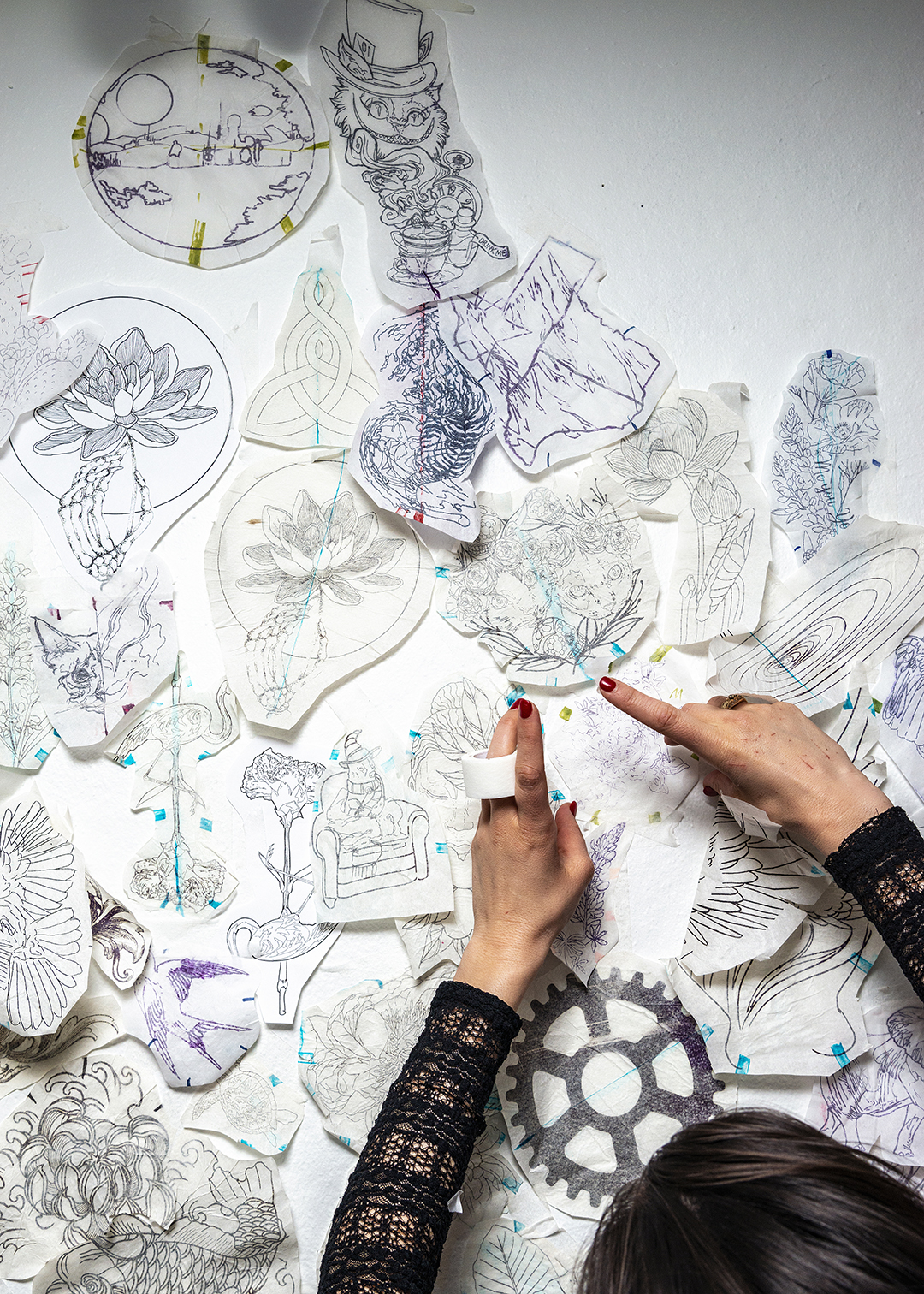
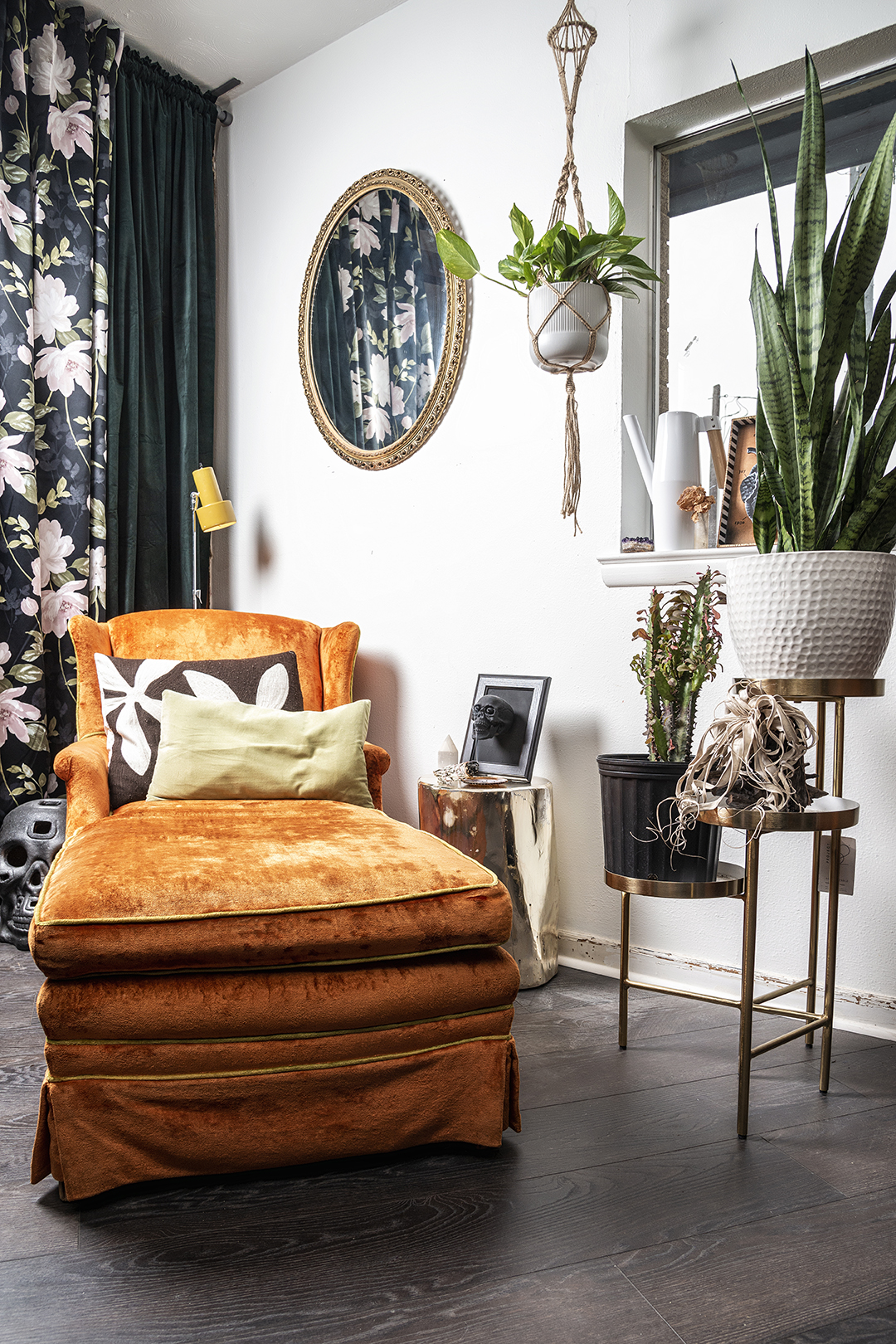
/
“We’ve been trying to think about what does social practice look like in a time of social distancing.”
/
In other words, they bring art to the people. Just as the coronavirus hit, they were set to begin a project with Building Community Workshop that would’ve included 15 art “engagements” Downtown, starting with printing posters on their press.
“Our space is all about community engagement and using engagement as a medium,” Riggert says. That presents challenges in the era of social distancing.
Big Thought had been scheduled to begin using one of their spaces for art programs, and that was canceled. But Sunset’s artist in residence, Constance White, has continued working there by herself.
“We’ve been trying to think about what does social practice look like in a time of social distancing,” Riggert says. The studio also won a $5,000 coronavirus-relief grant from TACA, the Arts Community Alliance, to get them over the hump. And they won a $533 grant from Heritage Oak Cliff and have plans to raise another $1,500 to build a socially distanced community garden.
They’re planning an outdoor art show on the Balboa triangle, the green space outside of the studio in Elmwood. Artist will paint two sides of a board to be displayed on the triangle, where people can view and buy them with no contact. Sunset Art Studios also received a $4,000 grant from the Moody Foundation in March.
Artists are starting to use their studio spaces there again, and the printing press is again available for rent, with thorough sterilization between users. They’ve recently been printing literature and posters for anti-racism protests.
“One thing Dallas lacks is funding for local, emerging artists,” says Elmwood-based artist Iris Bechtol, in a North Texas Giving Day promo. “Sunset fills a gap.”
Just like a feminist tattoo collective fills a space in the tattoo industry. It’s a place to endure a tattoo or hair removal in a comforting, nonjudgmental space.
“Some places promote themselves that way, but they don’t really feel that way,” tattoo client Avril Spencer says. “I didn’t get anything negative with Stephanie. It was very private, and she was open to anything I wanted.”
